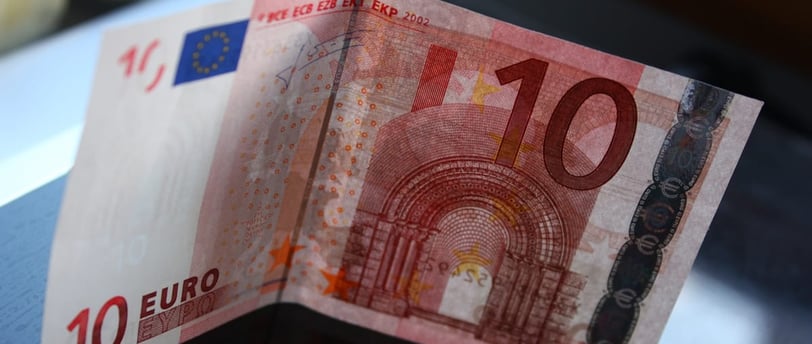Start Your Smart Investment Journey — Join UJI Investama.
Not So Fast: Czech Republic Treads Carefully on Euro Adoption
Despite being a member of the European Union for over two decades, the Czech Republic continues to hold the euro at arm’s length, with both policymakers and the public showing little urgency in replacing the koruna. While neighboring countries like Slovakia, Slovenia, and Croatia have already transitioned to the common currency, Prague remains cautious, citing concerns over inflation control, economic sovereignty, and the potential impact on national identity. Recent surveys indicate that a majority of Czechs still prefer to retain the koruna, reflecting deep-rooted skepticism about ceding monetary policy to the European Central Bank in Frankfurt. Government officials have reiterated that euro adoption remains a long-term goal aligned with EU commitments, but have declined to set a clear timeline, instead focusing on maintaining macroeconomic stability amid global uncertainty. Analysts note that the Czech Republic meets many of the Maastricht criteria necessary for joining the eurozone, but political will — not economic readiness — remains the key obstacle. As the European Union continues to push for deeper integration, the Czech case illustrates the complex interplay between economic pragmatism and national sentiment. For now, the euro remains more of a distant ambition than an imminent reality for the Czech Republic — a stance that reflects both strategic patience and political caution.
ECONOMICS
6/11/20251 min read


Contact us for more news and information about UJI Fund.
